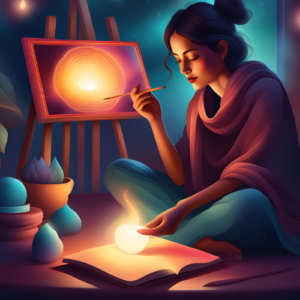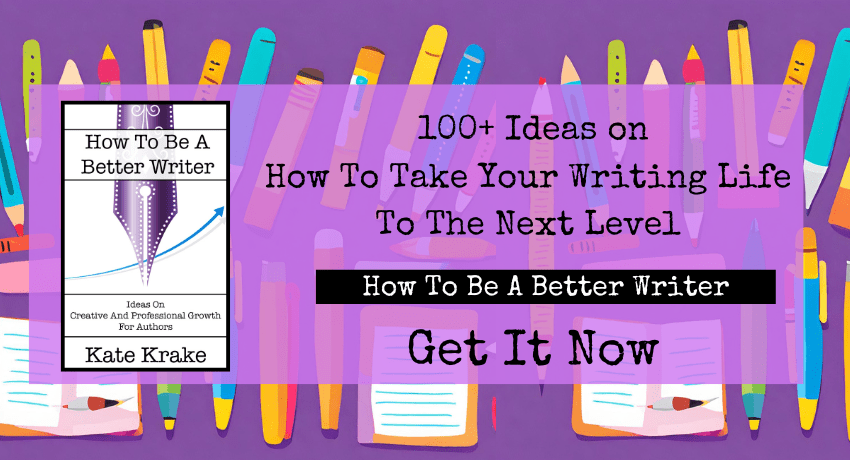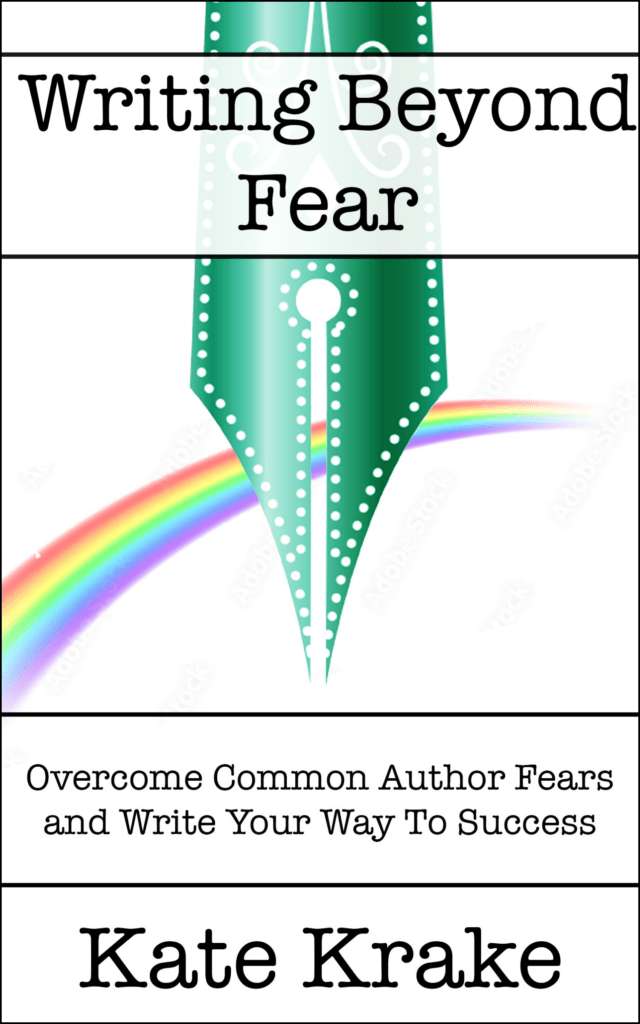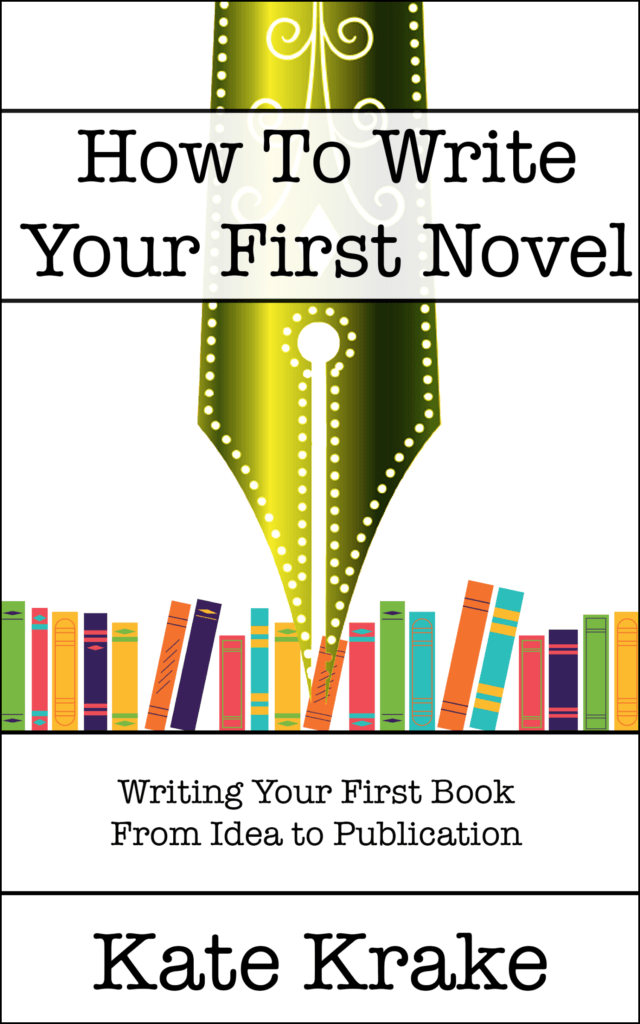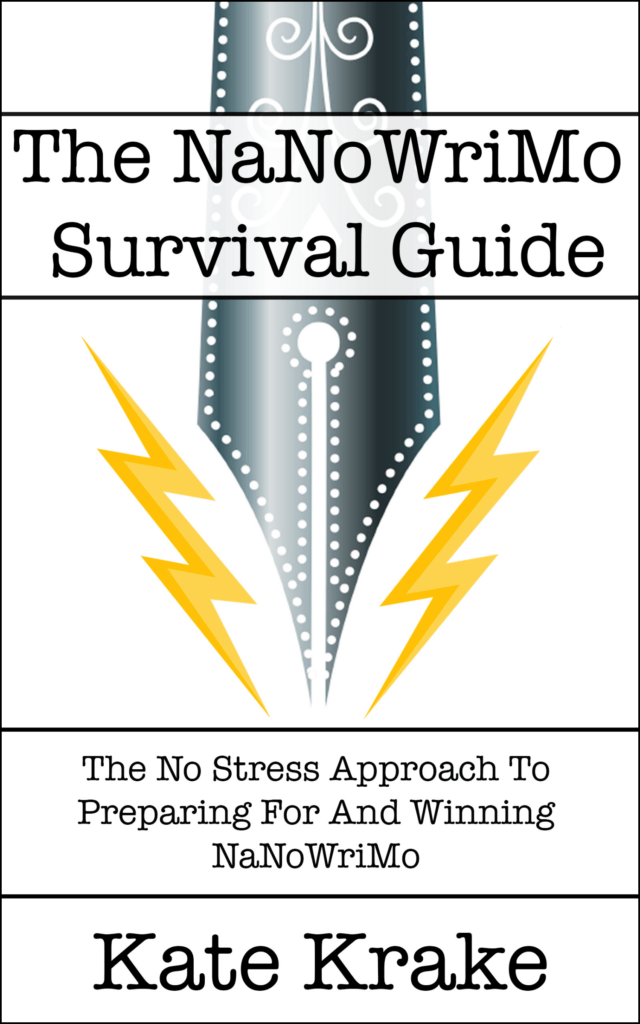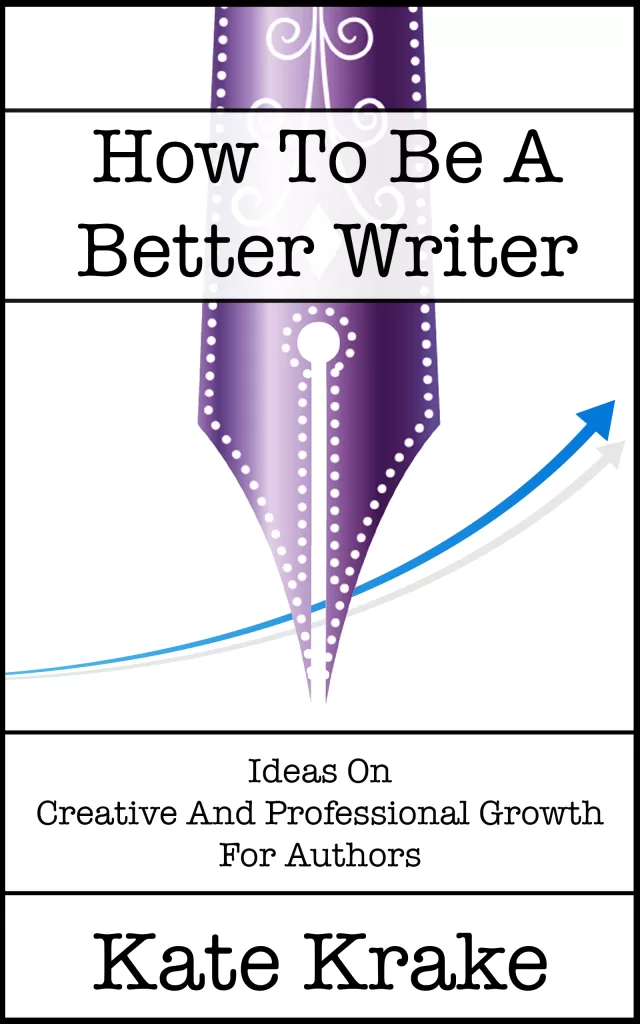For writers, creative authenticity can mean a lot of different things.
It’s an unfortunate twist of language evolution that the word “authentic” at this point in history is so often being used in ways that are its complete opposite meaning.
“Be your authentic self!”
“Live your authentic life!”
Brand authenticity.
Hashtag authenticity.
This isn’t a discussion on the inherent inauthenticity of brands, or the nature of social media, but for our discussion here, I am re-claiming the word “authenticity” as we examine what it means to create, to write, to live truly authentically as writers.
No hashtag authentic self.
It’s authentic authentic self.
How To Define Authenticity
I developed these definitions from Etymonline
The word “authenticity” stems from Greek compounds.
Autos = self.
Hentes = doing, being.
Going back even further, Hentes stems from meanings that point to accomplishment and achievement.
The words evolved in Greek into Authentes, which means acting on one’s own power, and then Authentintikos which means original and genuine.
When Latin absorbed the word, it became Authenticus.
Authenticus evolved in Old French into Autentique, where it meant canonical.
The modern use of the word, Authentic, came into use in the mid-14th century into the word we know today, meaning “authoritative“, which itself comes from words that mean power and command.
In the current era of The Socials, #authenticity is evolving into a claim that means something like “I’m not lying” or “no filter”. I can’t help but wonder how this will change the definitions in the next century.
But for now, we’ve arrived at this word AUTHENTIC that has self and doing and being and power at its core.
How To Define Creativity
Creativity, on the surface definition, is the state where we make things, specifically new, innovative things.
When we get into root words again, we see Greek and Latin origins connected to “to grow” (-ker), “come forth” (crescere).
My particular favourite etymological connection sees it coming from the same root as the name Ceres, the Roman Goddess of agriculture and fertility and motherly relations (Demeter in the Greek).
So, in a literal sense, creativity is all about birth and growth.
Yet, even though it comes from the same word, creativity differs from creation.
The Human Experience of Creativity
A human in the process of creativity – a writer writing, a painter painting – differs from the wheat growing in the field, different from the baby growing in the womb. Creativity is not procreating, or agriculture, or manufacturing. Even though those processes produce new lives, new items. They create, but they are not creative.
Dr. Eric Maisel, psychotherapist and creativity coach, looks at the human experience of creativity from a more existential view.
Maisel states:
“Creativity is not a talent or ability. It is the fruit of a person’s decision to matter.” (1.)
The creative person instills their personal meaning, their personal significance in their act of creation.
By choosing to be a writer, you have decided that you matter in this universe, and you use your writing practice to decipher and communicate that meaning to yourself and to the world.
Defining Creative Authenticity
In its inherent nature, creativity is always authentic because it is all about how you matter. It comes from the self.
Writing what someone else tells you to write is not authentic creativity.
Writing what you think you should write to meet someone else’s expectations is not full authentic creativity, though the self could be involved in the interpretation of the expectations.
To write fully within your creative authenticity is to use your writing to:
⭐️ express your meaning.
⭐️ express your value and purpose, and beliefs.
⭐️ communicate your interpretations of what everything else around you means.
Creative authenticity is all about YOUR meaning, the ways YOU think and feel, and what matters to YOU.
It’s about embracing your creative identity.
Are you being your authentic creative self?
Are you writing from a place of creative authenticity, or are you manufacturing?
Can you define what your authentic creative expression looks like?
NOTES:
1. Maisel, Eric. Become A Creativity Coach Now! Crossways Press. 2018.
The etymology referenced in this article comes via Online Etymology Dictionary. www.etymonline.com

